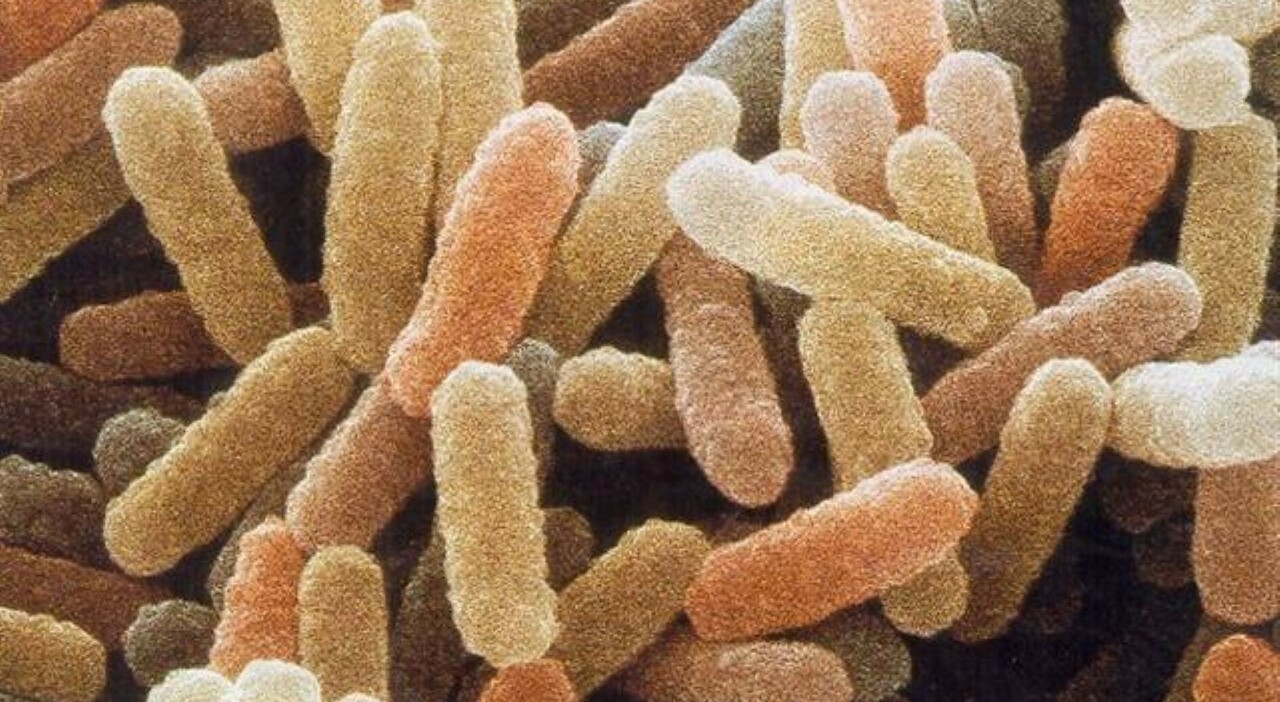Il Listeria it is a bacterium that can contaminate food which, if eaten, cause a bacterial infection, listeriosis. The full name of the bacterium is Listeria monocytogenes. This food poisoning it is not trivial: it can also lead to death.
In Western countries, the experts of the Higher Institute of Health point out, this disease is increasingly proving to be a major public health problem. Although relatively rare, in fact, it can manifest itself with a severe clinical picture and high mortality rates especially in frail subjects such as infants, the elderly, pregnant women and immuno-compromised adults. Furthermore – reads again in the ISS health care dossier – in recent years, there have been frequent epidemics, especially following the distribution of contaminated food through large catering chains.
So let’s try to understand how we can prevent this infection, what and what attention we must have.
Where are these types of bacteria found?
It is a very widespread bacterium in the environment and is commonly found in the soil, water, vegetation and faeces of numerous animal species, without these showing any apparent symptoms.
How and when does it contaminate food?
The first thing to know is that the listeria bacterium can contaminate any level of the food production and consumption chain. It can grow and reproduce at temperatures ranging from 0 to 45 ° C, it tends to persist in the environment and therefore also be present in processed, stored and refrigerated foods.
What foods are associated with listeria infection?
Foods mainly associated with listeriosis infection are: raw fish, meat and vegetables, unpasteurized milk and dairy products such as soft cheeses and butter, processed and prepared foods (ready to use) including hot dogs, cold delicatessen meats, prepackaged salads, sandwiches, smoked fish. More rarely, infections can occur through direct contact with animals, people or the contaminated environment.
What are the symptoms of listeriosis?
The infectious dose of Listeria is not certain: the risk of developing the disease occurs even with low levels of bacterial load, even if the majority of adults in good health do not present any symptoms after the consumption of contaminated food or may present gastrointestinal symptoms when contamination is very high. Listeriosis can take over different clinical formsfrom the acute febrile gastroenteritis more typical of food poisoning, which occurs within a few hours of ingestion (and is self-limiting in healthy subjects), to that invasive or systemic.
Are the symptoms different depending on the person who got intoxicated?
Yes. Pregnant women usually experience a flu-like syndrome with fever and other non-specific symptoms, such as fatigue and aches. It must be remembered that infections acquired during pregnancy can have serious consequences on the fetus (fetal death, abortion, premature birth, or congenital listeriosis). In immuno-compromised adults and the elderly, listeriosis can cause meningitis, encephalitis, severe septicemia. These clinical manifestations are treatable with antibiotics, but the prognosis in severe cases is often poor.
Incubation, how long?
The average incubation is 3 weeks (but can last up to 70 days).
How is it prevented?
The best strategy to fight listeriosis passes through efficient prevention, which can be easily implemented by applying the general rules of hygiene and attention provided for all other foodborne infections. Rule number one: Thoroughly rinse raw foods, such as fruits and vegetables, under running water before eating, cutting or cooking them (even if they will be peeled). And then, too, it is no less important to clean foods such as melons and cucumbers with a clean brush, dry the products with a clean cloth or paper towel. It is also a good rule to separate raw meats from vegetables and cooked and ready-to-eat foods.
In the kitchen, what attention should I have?
It is very important to wash your hands, knives, worktops, and cutting boards after handling and preparing raw foods and keep the temperature of the refrigerator within 4 ° C and of the freezer below -17 ° C. Remember to keep the refrigerator clean, especially from raw meat leftovers, clean the inside walls and shelves of the refrigerator with hot water and liquid soap.
How should I cook the meat?
It is important to cook animal-derived food thoroughly and completely. Rare meat? better not, in short.
On the conservation of food in the fridge, are there any special rules to avoid contamination by listeria?
Pre-cooked or ready-to-eat products should be consumed as soon as possible. Products should not be kept refrigerated beyond the expiration date. Learn to divide food scraps into shallow containers to cool them faster, close them and consume them within 3-4 days.
But are there any better foods or foods that I can really avoid?
Yes, it is important not to eat soft cheeses (or drink milk) if you are not sure that they are made with pasteurized milk. In particular, those at risk, such as pregnant women and immunosuppressed people, should also:
– avoid eating sandwiches containing meat or other products prepared for gastronomy without these being re-heated to high temperatures
– avoid contaminating the food being prepared with raw foods and / or from the counters of supermarkets and delicatessens
– do not eat soft cheeses if you are not sure that they are made with pasteurized milk
– do not eat fresh, non-canned meat pâtés
– do not eat smoked fish, unless it is canned in forms that do not spoil in the short term.
How is listeriosis treated?
Given its bacterial nature, the treatment of the disease goes through one antibiotic therapy, for both adults and children. An antibiotic treatment given early to a pregnant woman can prevent the transmission of the disease to the fetus.
© breaking latest news
